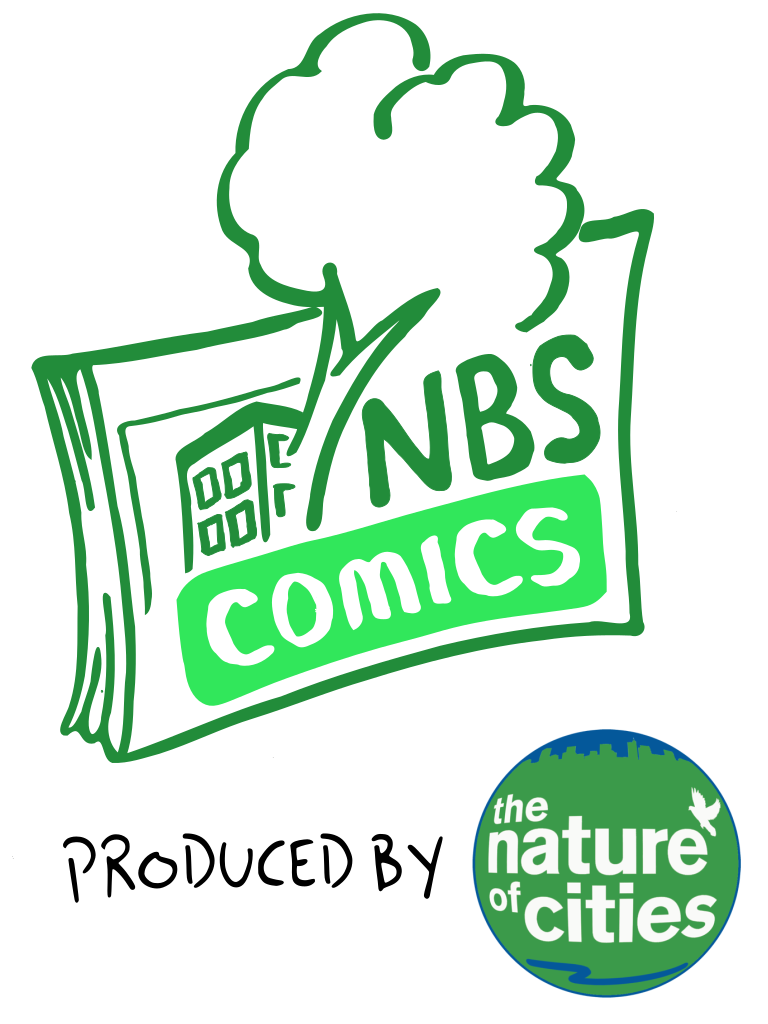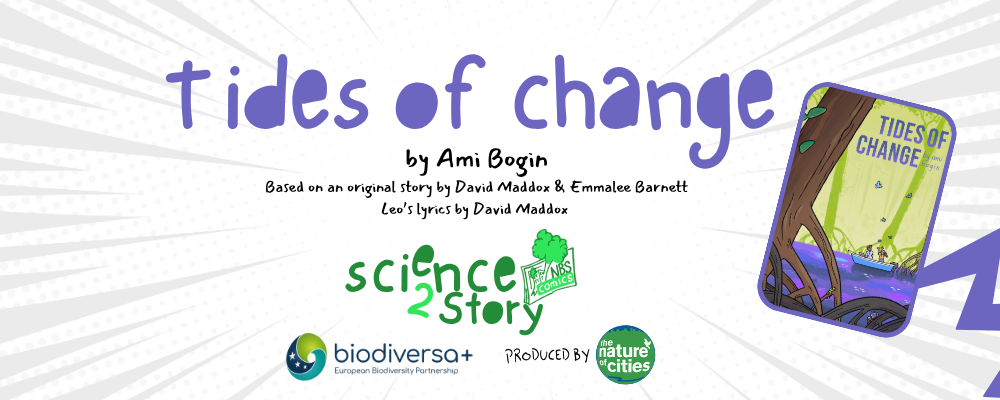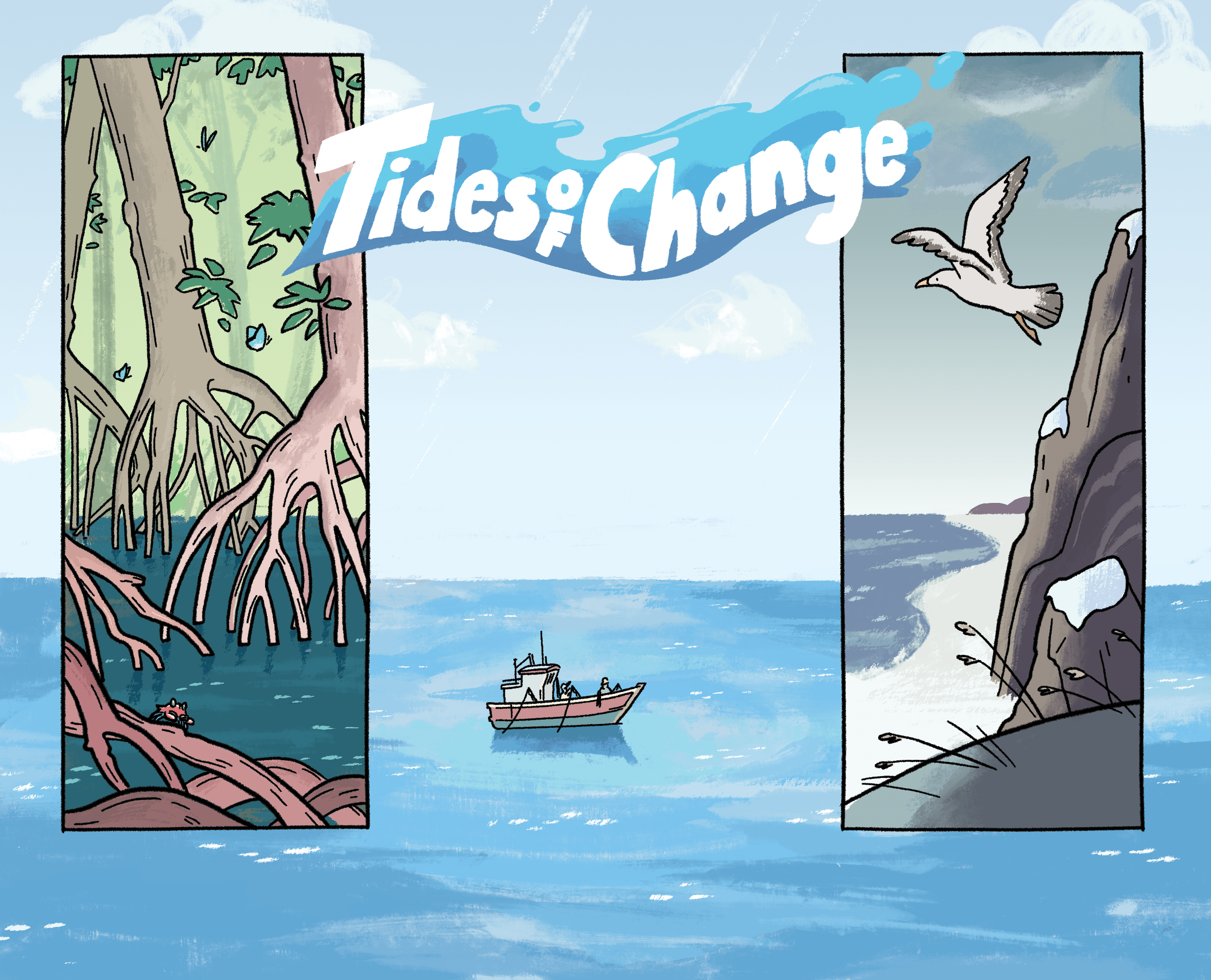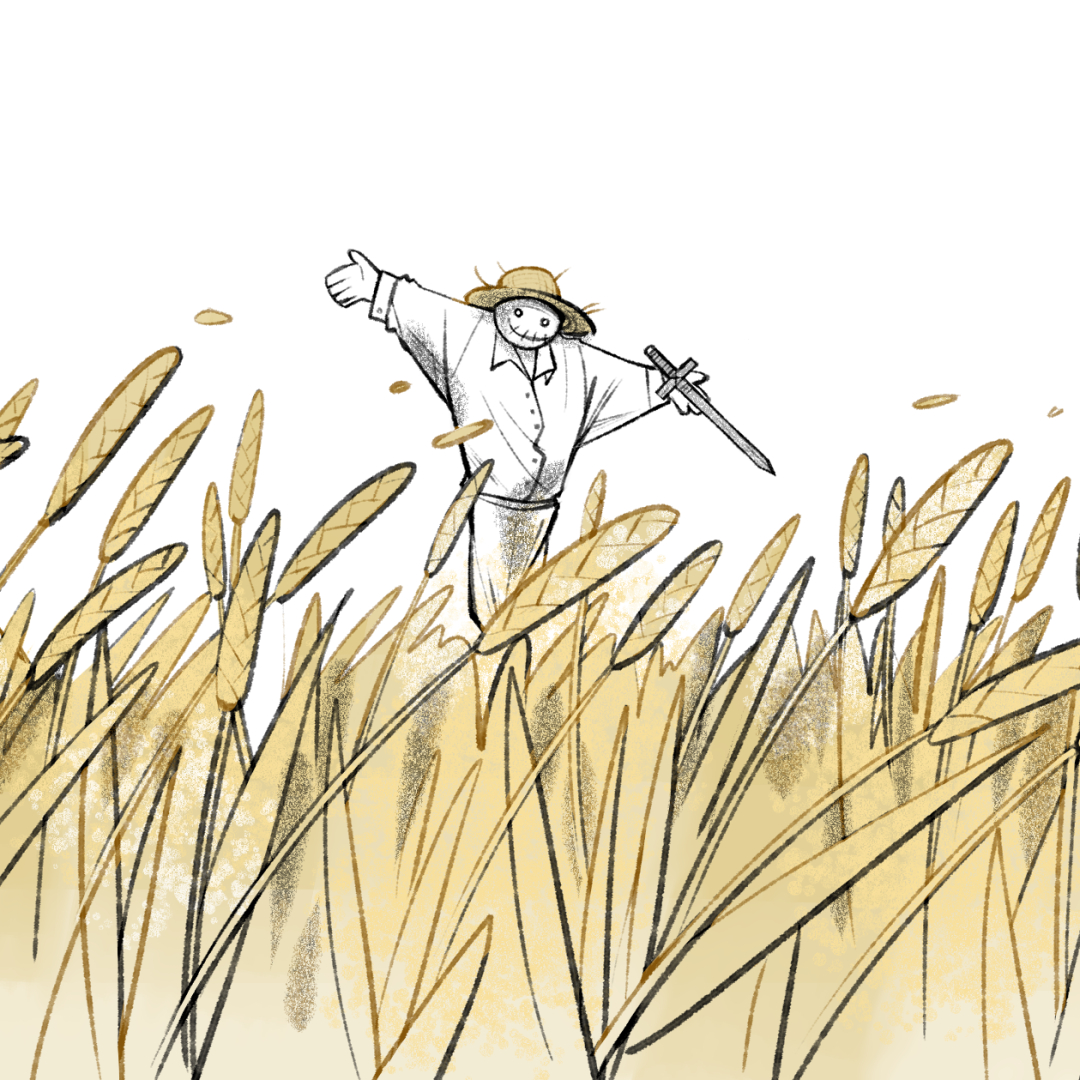NordSalt studies Nordic salt marshes’ carbon storage, greenhouse gas emissions, and biodiversity. It maps habitats, measures carbon and methane, tests grazing effects, and involves stakeholders to guide nature-based climate solutions and adaptation strategies.
Read more about the project here.
IN THE COMIC >
In Tides of Change, we can see Kaija and Sámi propagating shore plants on the salt marshes where NordSalt has been conducting their research. Kaija is on a worldwide venture to restore habitats and conserve natural areas for biodiversity to return and help deal with pollutants, increase species driven out due to climate change, and set up policies to protect these areas.
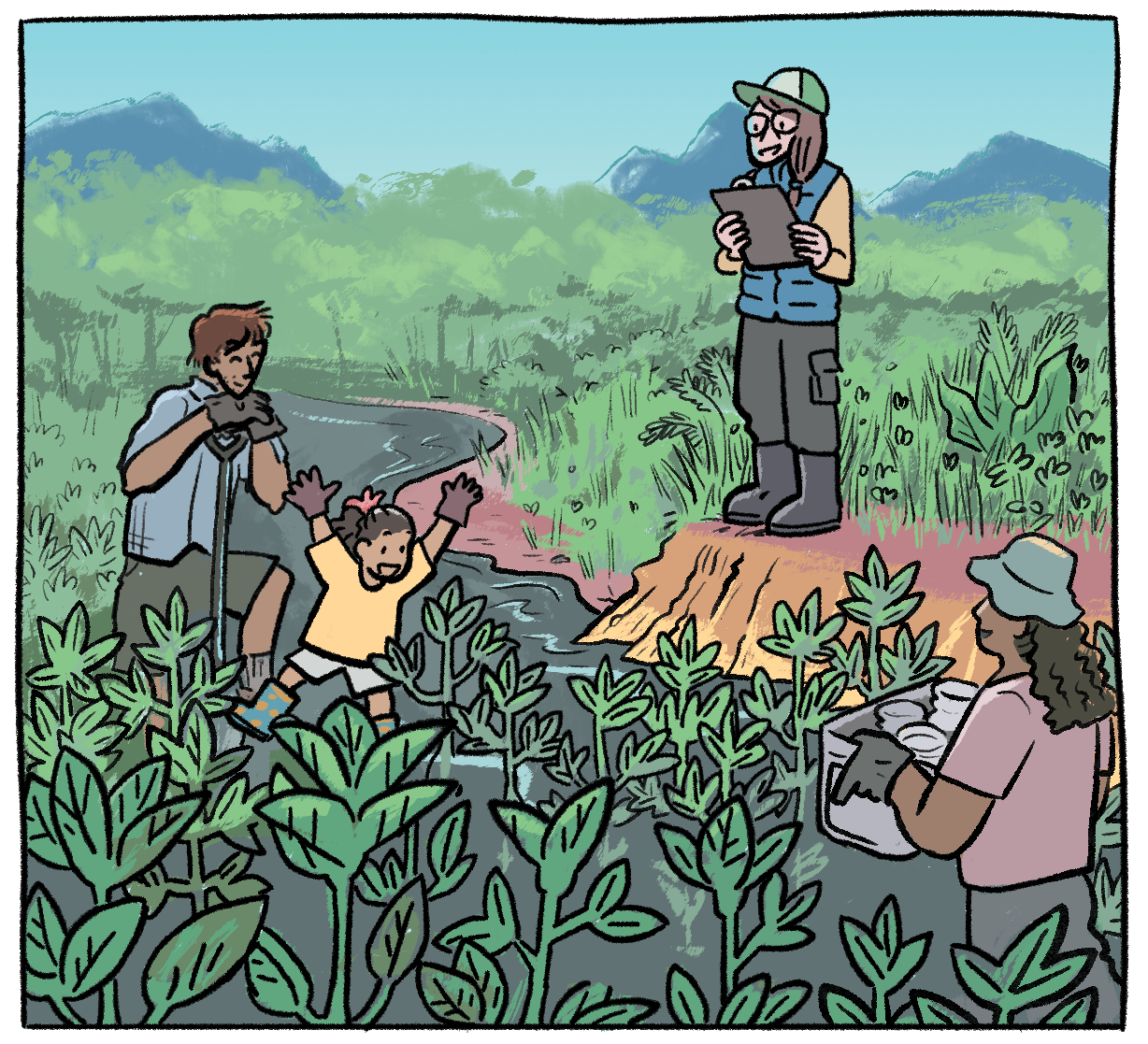
NordSalt will evaluate the potential of management of Nordic coastal marshes as nature-based solutions (NbS) in a local, regional, and global context. To provide the best basis for these considerations, a comprehensive range of climate and coastal protection-related ecosystem services (ES) of these habitats will be evaluated and discussed with relevant policy, management, and local stakeholders. On this basis, NordSalt will inform sustainable management practices under current and future climate settings.
MORE ABOUT THE NORDSALT PROJECT
The NordSalt project focuses on assessing the role of Nordic salt marshes in carbon sequestration (blue carbon, BC), greenhouse gas (GHG) emissions, and biodiversity, particularly in the context of climate change. These coastal ecosystems are under-researched, especially in the Nordic region, where marshes differ from typical macrotidal systems due to the Baltic Sea’s microtidal nature and strong salinity gradient. This gradient influences plant community composition and GHG emissions, with implications for BC storage, including potential increases in methane release under lower salinity conditions.
Key objectives include evaluating the relationship between salt marsh plant community structure, biodiversity, and carbon cycling, with a focus on BC sequestration and GHG emissions. NordSalt will also explore historical changes in marsh distribution and biodiversity, evaluate the effectiveness of managing these ecosystems as nature-based solutions (NbS), and assess their potential for climate mitigation and adaptation.
Main activities include creating an inventory of Nordic salt marsh habitats, measuring BC stocks and methane emissions, and testing the impact of plant functional diversity on carbon cycling through grazing management. Stakeholder engagement will be a key part of the project, involving local policymakers, NGOs, and landowners in co-producing knowledge and advising on strategies for managing marshes as NbS.
